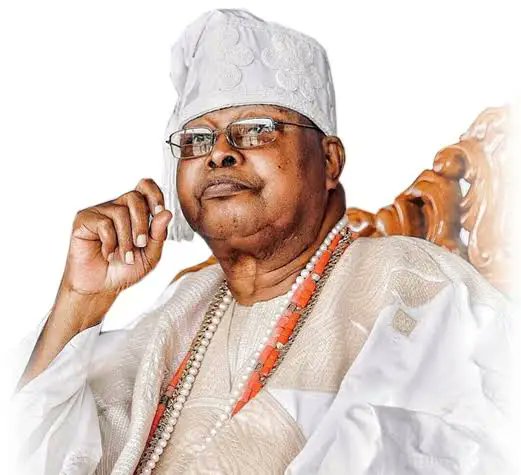The changing landscape of royal burials in Yorubaland is marked by a growing trend: an increasing number of traditional rulers are being interred according to Islamic rites, a departure from long-held cultural practices. This shift reflects a complex interplay between personal faith and public roles, prompting discussions about the evolving relationship between traditional Yoruba beliefs and the influence of Islam. While historically, Yoruba monarchs have been seen as the embodiment of their people’s spiritual heritage and the custodians of ancestral traditions, the adherence to Islamic burial practices, which prioritize swift interment, often within hours of death, is altering the customary elaborate funeral ceremonies associated with royal transitions. This transition has sparked debate, particularly among traditionalists concerned about the potential erosion of cultural practices integral to royal succession and the continuity of ancestral reverence.
The shift towards Islamic burials is not a recent phenomenon, but it has gained significant momentum in recent years, evident in the funerals of several prominent Yoruba monarchs. The late Awujale of Ijebuland, Oba Sikiru Kayode Adetona, who passed away in 2025, was buried within hours of his death, following Islamic rites. Similarly, the Olu of Epe, Oba Shefiu Adewale, who died in the same year, was also interred according to Islamic tradition on the day of his passing. The Olubadan of Ibadanland, Oba Lekan Balogun, and the Soun of Ogbomoso, Oba Oladunni Oyewumi, both received Islamic burials, further underscoring this evolving practice. Even the Alaafin of Oyo, Oba Lamidi Adeyemi III, whose throne represents one of the most tradition-bound kingdoms in Yorubaland, was buried a day after his death, following Islamic prayers. These examples illustrate a growing acceptance of Islamic burial rites within the highest echelons of Yoruba traditional leadership.
The core of the debate lies in the contrasting approaches to death and burial between traditional Yoruba customs and Islamic practices. Traditional Yoruba funerals are elaborate affairs, often spanning several days, and involve a series of intricate rituals designed to honor the deceased monarch and ensure a smooth transition of power. These rituals are deeply rooted in the Yoruba belief system and are considered essential for maintaining the spiritual balance of the kingdom. Conversely, Islamic burial practices emphasize simplicity and swift interment, typically within 24 hours of death, as a sign of respect for the deceased and in accordance with religious obligations. This stark difference in approach creates a tension between personal religious convictions and the cultural expectations associated with the role of a traditional ruler.
The increasing adoption of Islamic burial rites by Yoruba monarchs has raised concerns among traditionalists who fear the potential marginalization of their customs and beliefs. They argue that the streamlined nature of Islamic burials bypasses important traditional ceremonies that symbolize the continuity of royal lineage and the spiritual connection between the living and the ancestors. These ceremonies often involve specific rituals performed by designated groups within the community, reinforcing social cohesion and reaffirming the cultural identity of the kingdom. The absence of these rituals, they contend, could weaken the fabric of traditional Yoruba society and lead to a loss of cultural heritage.
However, proponents of Islamic burials argue that respecting the religious beliefs of the deceased monarch is paramount. They maintain that adhering to Islamic rites is a matter of personal faith and should not be viewed as a rejection of Yoruba culture. They point out that many of these monarchs practiced Islam throughout their lives, and it is only fitting that their final rites reflect their religious convictions. Furthermore, they argue that the adoption of Islamic burial practices does not necessarily negate the importance of traditional Yoruba customs. They suggest that it’s possible to find a middle ground, where certain elements of traditional rituals can be incorporated into the Islamic burial process, thereby respecting both the religious beliefs of the deceased and the cultural sensitivities of the community.
This ongoing debate reflects a broader societal negotiation between tradition and modernity, and between personal faith and public roles. The changing landscape of Yoruba royal burials highlights the challenges faced by traditional institutions in adapting to evolving religious beliefs and practices. As more Yoruba monarchs embrace Islamic burial rites, the conversation surrounding this practice will likely continue, shaping the future of royal traditions and the dynamic interplay between culture and religion in Yorubaland. The search for a harmonious balance that respects both individual faith and collective cultural heritage will be a crucial aspect of this evolving narrative.














